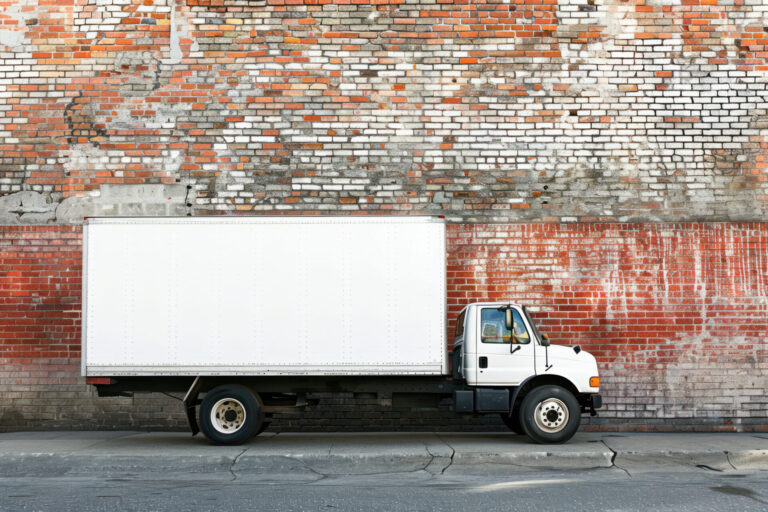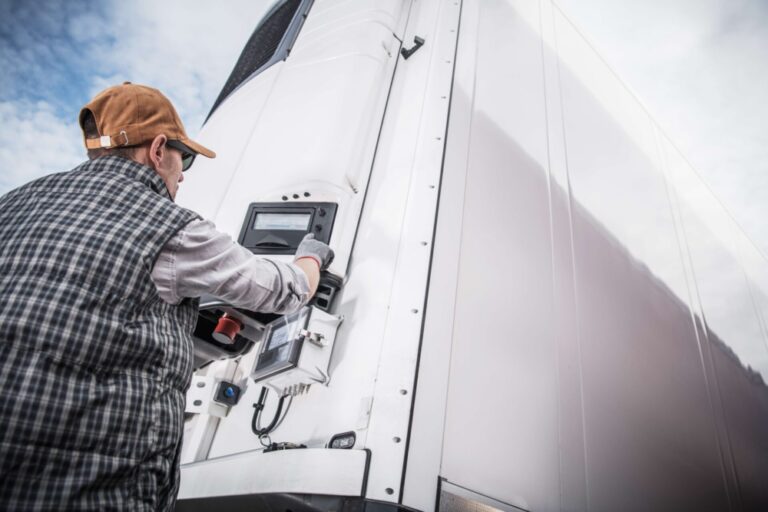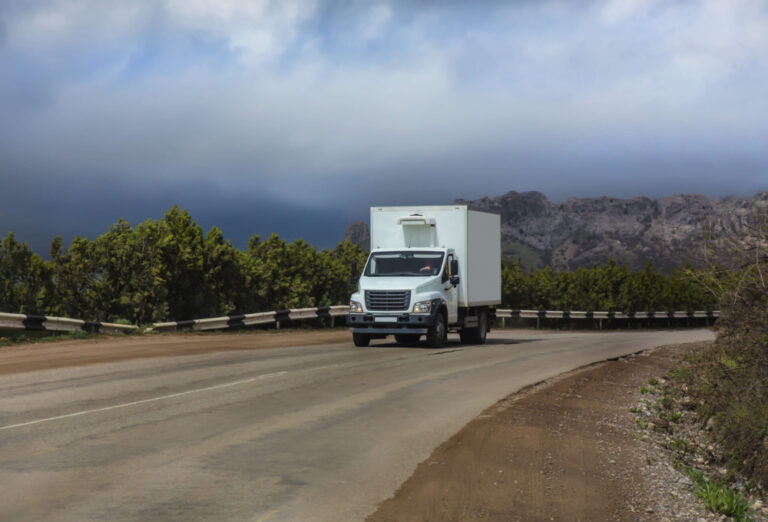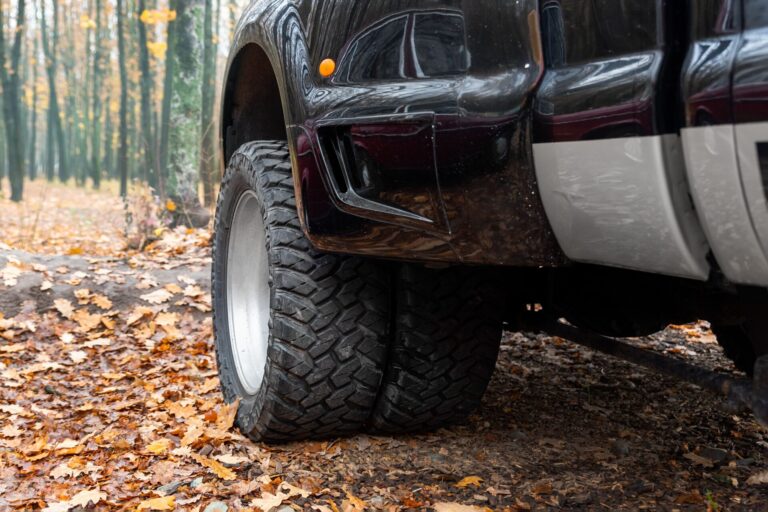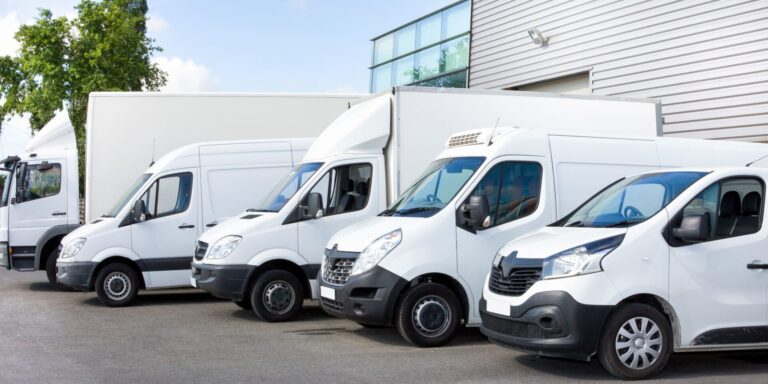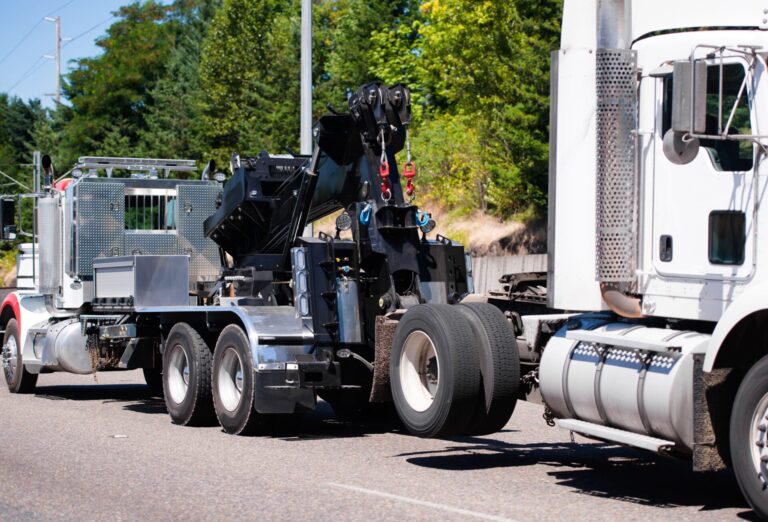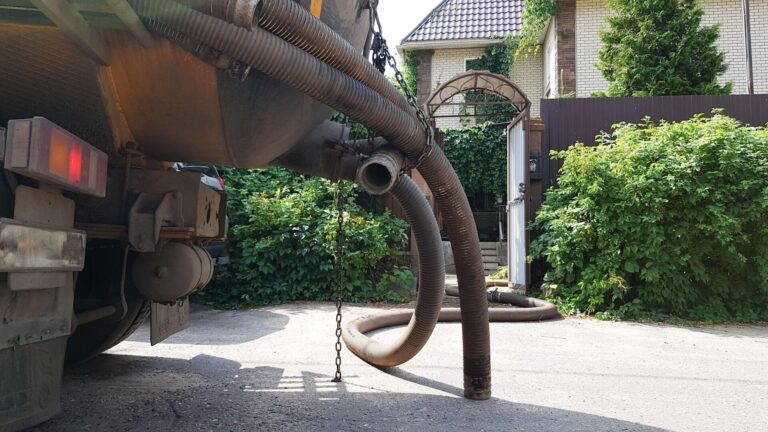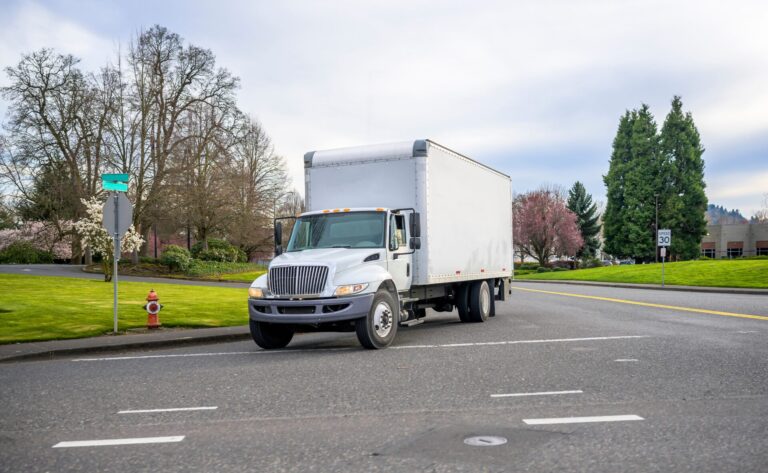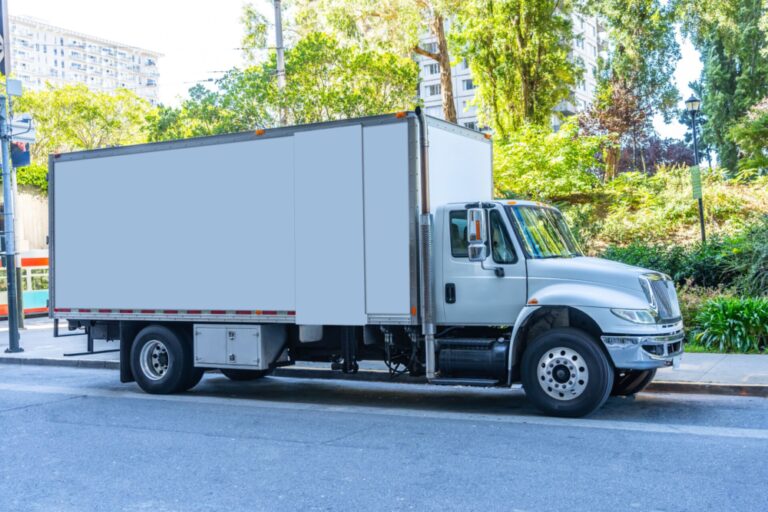Running a box truck business comes with its unique set of challenges. Balancing tight schedules, managing routes, maintaining your fleet, and keeping costs in check can feel like juggling flaming torches. It’s a constant battle to stay efficient and productive while ensuring your operations run smoothly. We get it; you’re not alone in this struggle.
truck
Whatever type of truck you drive, you know that there are tons of risks involved. Handling more heavy-duty vehicles means being more responsible and cautious of every other driver on the road. So, it’s important to learn proper safety and how to protect your drivers if something happens. These preventative measures can range anywhere from proper training to truck monitoring.
Protecting your drivers from risks also includes truck insurance. However, it’s not enough to know the basics of coverage. Fleet owners must know the best types of insurance to protect their unique company. For instance, an insurance plan for a towing company in one region can be completely different from a reefer truck fleet’s in another location. Therefore, shopping for trucking insurance means knowing your company and all of the specific risks you face.
Here, we’ll go over all you need to know about trucking. We’ll walk you through what types of risks commercial trucks face and trucking news. We’ll also cover what types of trucking insurance you’ll need and how to save on the best coverage for your business.
What Is Reefer Trucking? Benefits, Challenges, and Best Practices
Reefer trucking is critical for transporting temperature-sensitive products safely. While many people associate reefer units with food, they also transport sensitive electronic equipment, medical supplies, and other perishable goods. Proper maintenance of a reefer unit is crucial to delivering undamaged products, ensuring customer satisfaction, and upholding the integrity of the supply chain.
What Is a Straight Truck? Understanding the Basics
Trucks are the transportation industry’s backbone, and different types of vehicles are developed for specific uses. Straight trucks and semi-trucks are two of the most prevalent types of vehicles in the industry. This article will discuss what a straight truck is, the fundamental distinctions between it and a semi-truck, the advantages and disadvantages of utilizing one, and how key factors like insurance requirements play into decision-making.
Selecting the Best Hotshot Truck for Your Business Needs
Starting a hotshot trucking business can feel like navigating a maze with no clear map. The excitement of embarking on a new venture is often overshadowed by the daunting tasks of selecting the right equipment and understanding the ins and outs of insurance, not to mention the perplexing regulations surrounding non-CDL operations. You’re not alone in this. Many before you have faced these hurdles, feeling overwhelmed by the sheer volume of decisions and the fear of making costly mistakes.
Expanding Fleets: Box Truck vs Cargo Van
Expanding your fleet is a significant step in growing your business. We understand that it’s not just about adding vehicles; it’s about making strategic decisions that align with your business goals. You’re not alone in this. Many fleet managers face the daunting task of choosing the right type of vehicle. What’s the difference between a box truck vs a cargo van? It’s a decision that can significantly impact your operations, efficiency, and bottom line.
Navigating the Dangers of Predatory Towing as a Truck Driver
Every truck driver knows the open road can be unpredictable. But when you’re a victim of predatory towing, that unpredictability turns into a nightmare. It isn’t just an inconvenience; it’s a violation of trust and your hard-earned money. We get it. You’re out there, trying to make a living, and being taken advantage of isn’t part of the plan. It feels like a betrayal, especially when you think you’ve parked legally or followed all the rules. Remember, you’re not alone in facing this challenge.
Fuel Efficiency Tips for Septic Tank Truck Drivers
Hey there, fellow septic tank truck drivers. We get it; rising fuel costs and inefficient vehicles can be a real drain on your profits and energy. You’re out there every … Read more
Box Truck Financing: A Comprehensive Guide with Pro Tips for Drivers
When it comes to the world of box trucks, it’s both about how you get your truck and how you drive it. If you’re thinking of diving into the logistics or moving business, or simply want to expand, understanding the nuts and bolts of box truck financing can be your key to success. And once you’re on the road? Well, every driver has a story, and I’m here to ensure yours is a smooth one.
How to Start a Box Truck Business: A Step-by-Step Guide
If you’re mulling over starting a box truck business, you’re on a promising path. Such an enterprise offers a consistent demand for transportation, delivery, and hauling services. Here’s your detailed … Read more

